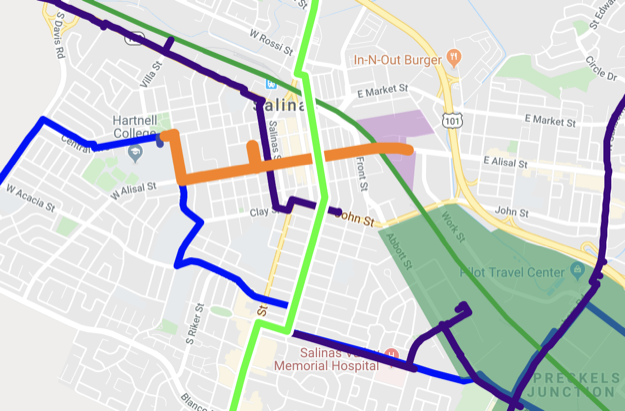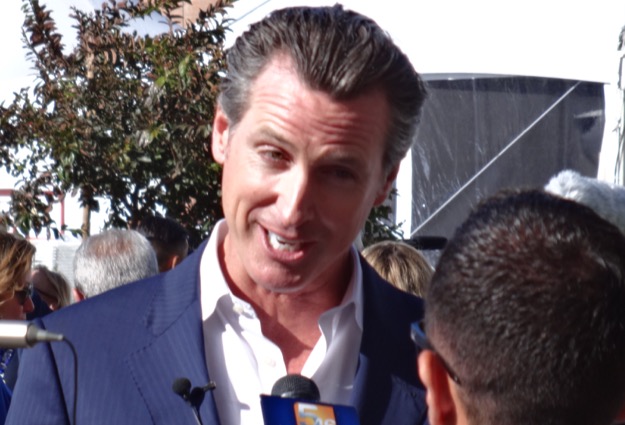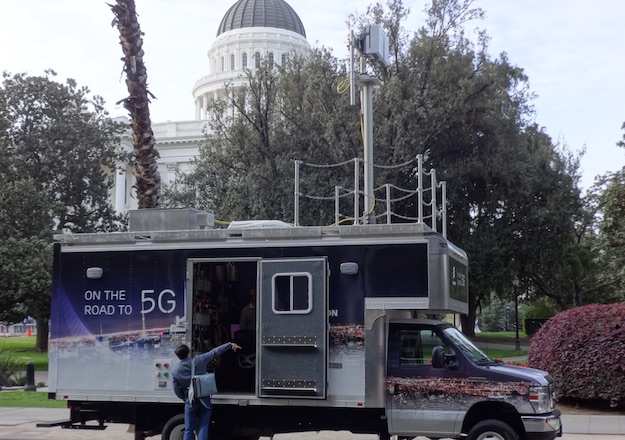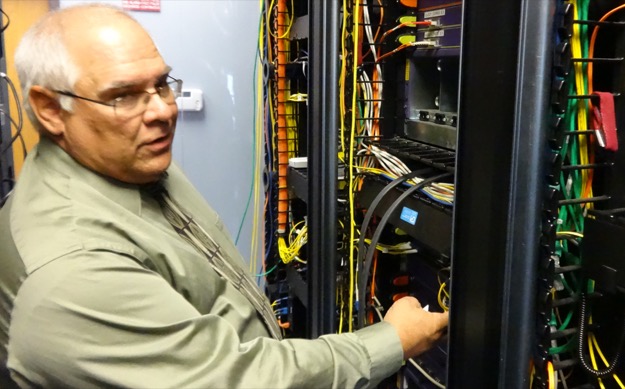Why traffic signals are lavishly lit but muni IT networks are frugal with fiber

The classic make versus buy question asks whether it’s cheaper or otherwise more advantageous for a company to manufacture a product or create a service, or to buy it from an outside source. When municipal fiber is involved, the same metrics and equation apply, but the answers are sometimes surprising.
If a city wants to use fiber to connect facilities or for traffic management, make and buy are completely different scenarios. Public agencies have a tendency to favor solutions that are light on ongoing operating costs, particularly given the uncertainty cities in California face regarding revenue and the uncontrolled long term growth of contractual obligations such as employee pensions and health care.… More


![Brocken Inaglory (cropped by User:NotFromUtrecht) [CC BY-SA 3.0 (https://creativecommons.org/licenses/by-sa/3.0)] Wipeout](https://www.tellusventure.com/images/2019/wipeout.jpg)

![By Super Rad! (Own work) [CC BY-SA 3.0 (https://creativecommons.org/licenses/by-sa/3.0)], via Wikimedia Commons](https://www.tellusventure.com/images/2015/4/tacoma_skyline.jpg)



